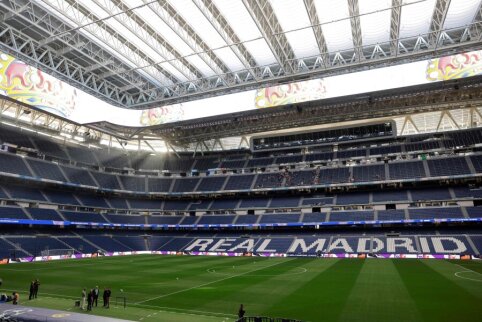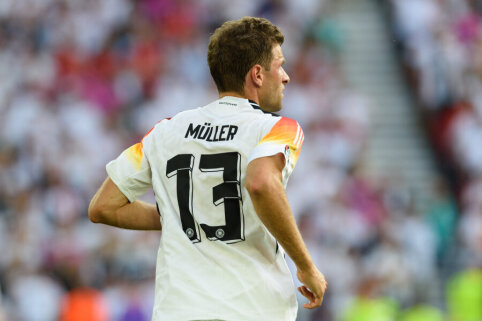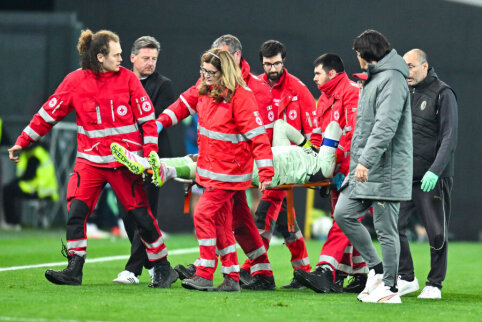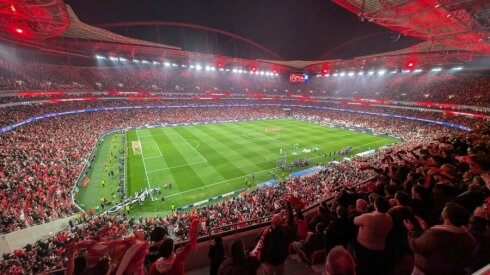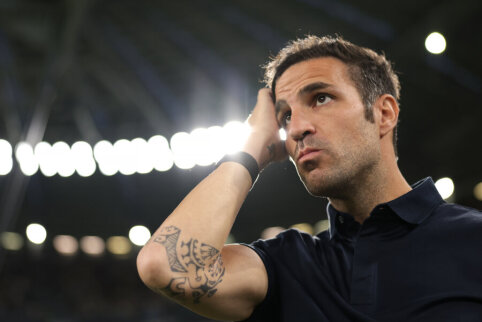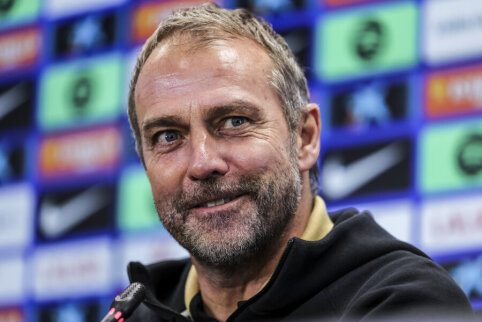 © EuroFootball.com
© EuroFootball.com
Vilnius remains the only capital of EU countries without a stadium meeting UEFA requirements for national teams' official matches. The last official match of the Lithuanian national team in the capital was played in 2005.
The Vilnius City Municipality plans to address this situation by investing in the construction and renovation of sports facilities this year. The municipality's plans include a modern, football-specific stadium in the capital, accommodating 10-12 thousand spectators. It could be built by 2013. After a meeting of the Vilnius City Sports Council, we spoke with Deputy Mayor Gintautas Babravicius.
-When will Vilnius have a modern football stadium meeting European standards?
-The absence of a stadium is a problem not only for Vilnius residents, but it has become our shame internationally. Neither the national football team nor clubs have a place to play in the capital. "Žalgiris" made huge progress last year, becoming a bronze medalist. The fact that Vilnius lacks a compact stadium is a big issue. In 2013, Lithuania will host the European Youth Football Championship. If Vilnius wants this event not to bypass the capital and wants European Championship matches to be held here, a small stadium with 10-12 thousand seats must be built.
-How much would such a stadium cost?
-The stadium's cost is about 80 million litas. This price would cover the final project implementation, colloquially called "turnkey". The government has allocated up to 50 million litas, while international organizations provide about 2 million euros in support to the Lithuanian Football Federation. The city of Vilnius could contribute by finding a location and preparing the project. If everything goes smoothly, it is possible that Vilnius will have a football stadium by 2013.
-Where in the capital could the new stadium be built?
-Site selection work is currently underway, discussing several options. Possible locations include the former "Darbo rezervų" stadium in Vingis Park, and the possibility of building the stadium on Žirnių Street is not ruled out. However, there are problems with Žirnių Street, as it requires buying out three private land plots, building a viaduct over the highway, and constructing a road for residents. Therefore, the project would be delayed and become more expensive. The Lithuanian Football Federation recently took over the management of the "Vėtra" stadium, but there are no possibilities to expand the stadium there.
-What is the fate of the national stadium, which has been under construction in Šeškinė for decades?
-There are some prospects for the national stadium, this project may be revived. I want to emphasize that there is no competition between these stadiums. The national stadium will be multifunctional, with sports accounting for about 25% of all activities. Only football-specific stadiums, like the one we discussed, have been built in Europe for over two decades, and such a stadium is very necessary for the Lithuanian capital.



